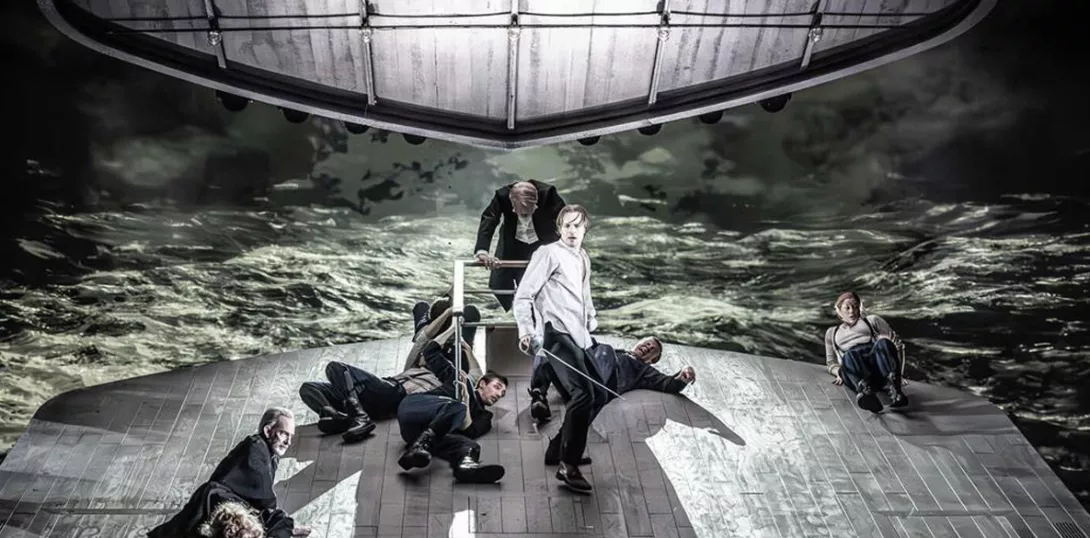GORDON PARSONS is bowled over by a skilfully stripped down and powerfully relevant production of Hamlet
Here comes the Sun King
JAN WOOLF revels in a painter of the poetic, whose freshness emulates that of the very young
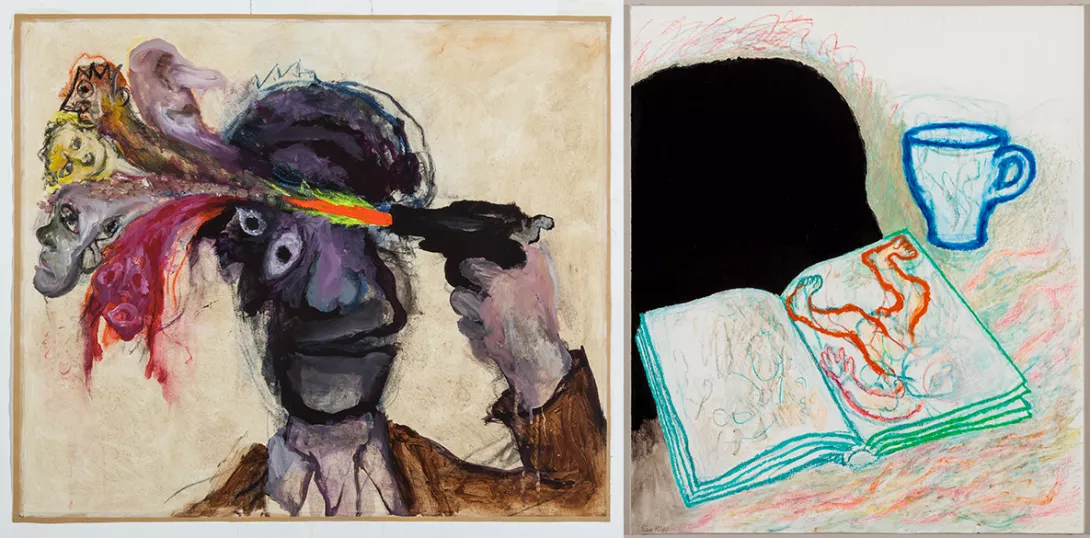
Ken Kiff – A Hundred Suns
Three Highgate, London
WALK up the hill from Archway Tube, north London — or down from Highgate — and find the gallery Three Highgate, and the current incredible show of the late British painter Ken Kiff (1935-2001).
Born in Dagenham, east London, Kiff later studied at Hornsey School of Art, just a mile down the road. He was always his own man — linking the inner world with the outer. Don’t all artists do that? Not like this. Note “the” and not “his,” as there is something universal about his work. His “constellation of mental activity” speaks to all.
More from this author
The phrase “cruel to be kind” comes from Hamlet, but Shakespeare’s Prince didn’t go in for kidnap, explosive punches, and cigarette deprivation. Tam is different.
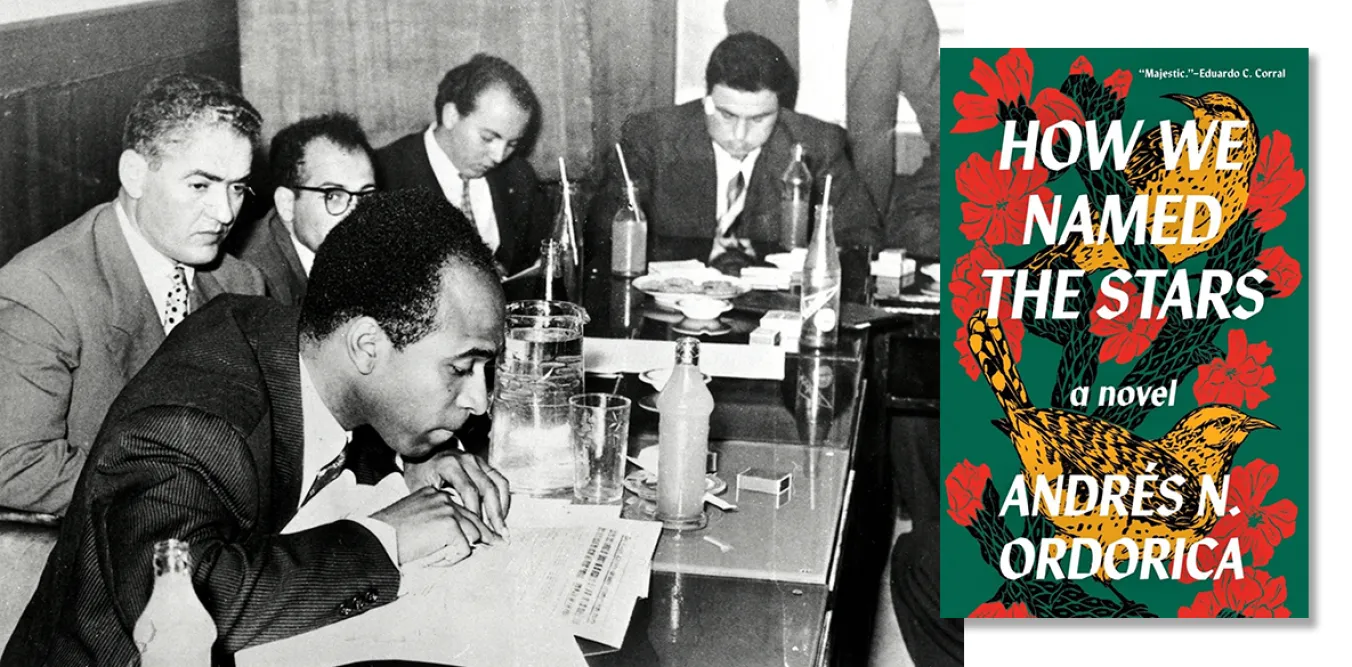
ANGUS REID deconstructs a popular contemporary novel aimed at a ‘queer’ young adult readership

A landmark work of gay ethnography, an avant-garde fusion of folk and modernity, and a chance comment in a great interview

ANGUS REID applauds the inventive stagecraft with which the Lyceum serve up Stevenson’s classic, but misses the deeper themes
Similar stories
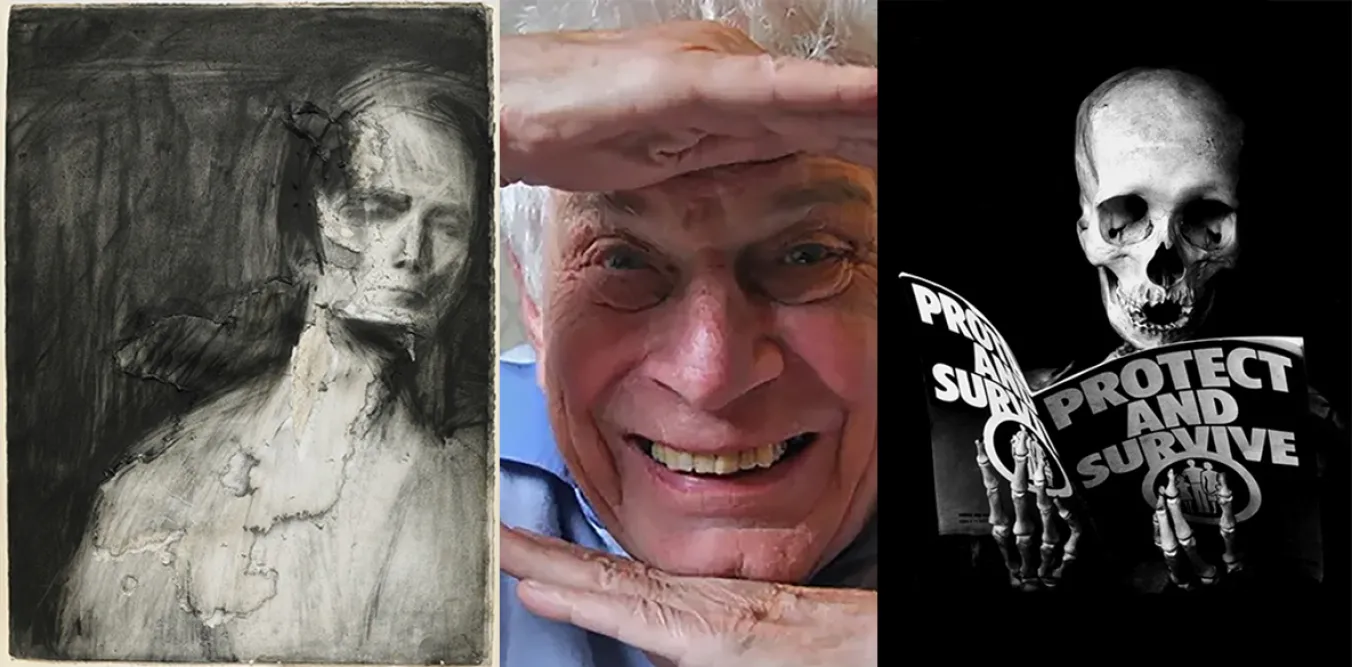
The playwright and artist reflects on the ways in which reviewing can nourish the creative act
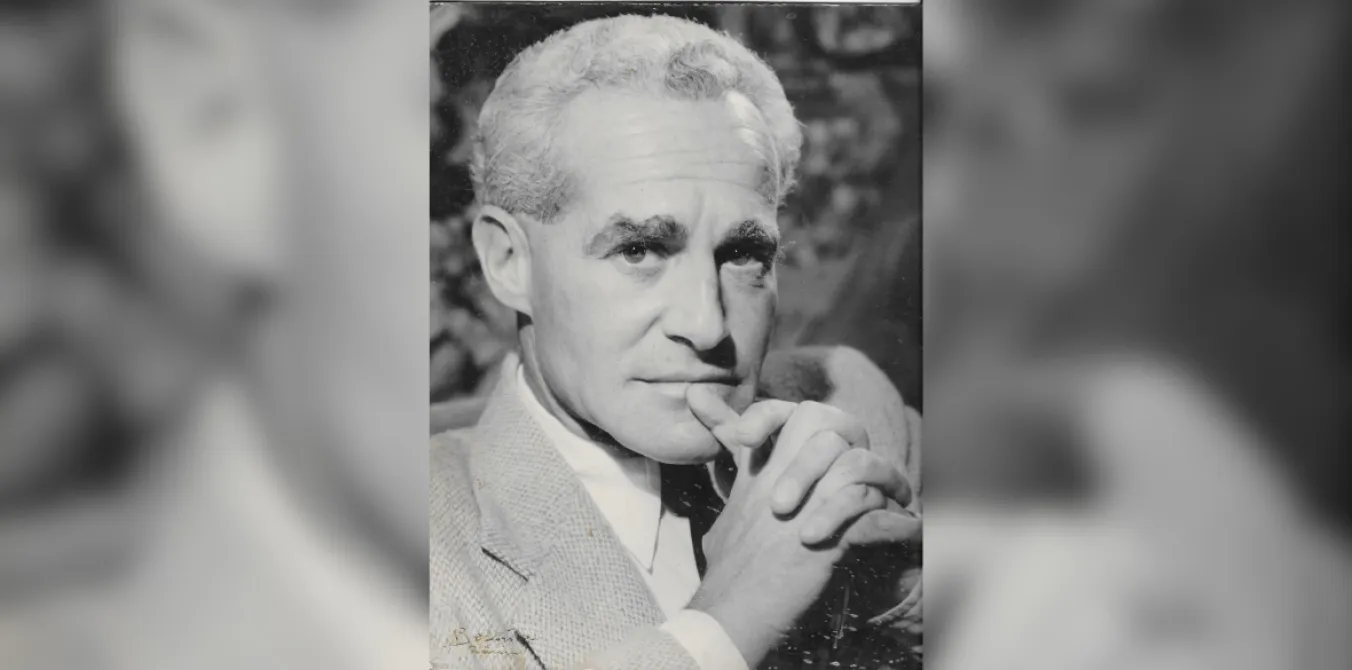
PAUL MACGEE highlights a new series of books that brings together a treasure trove of writings by a Jewish Marxist art historian who offers readers a refreshingly grounded theory of art
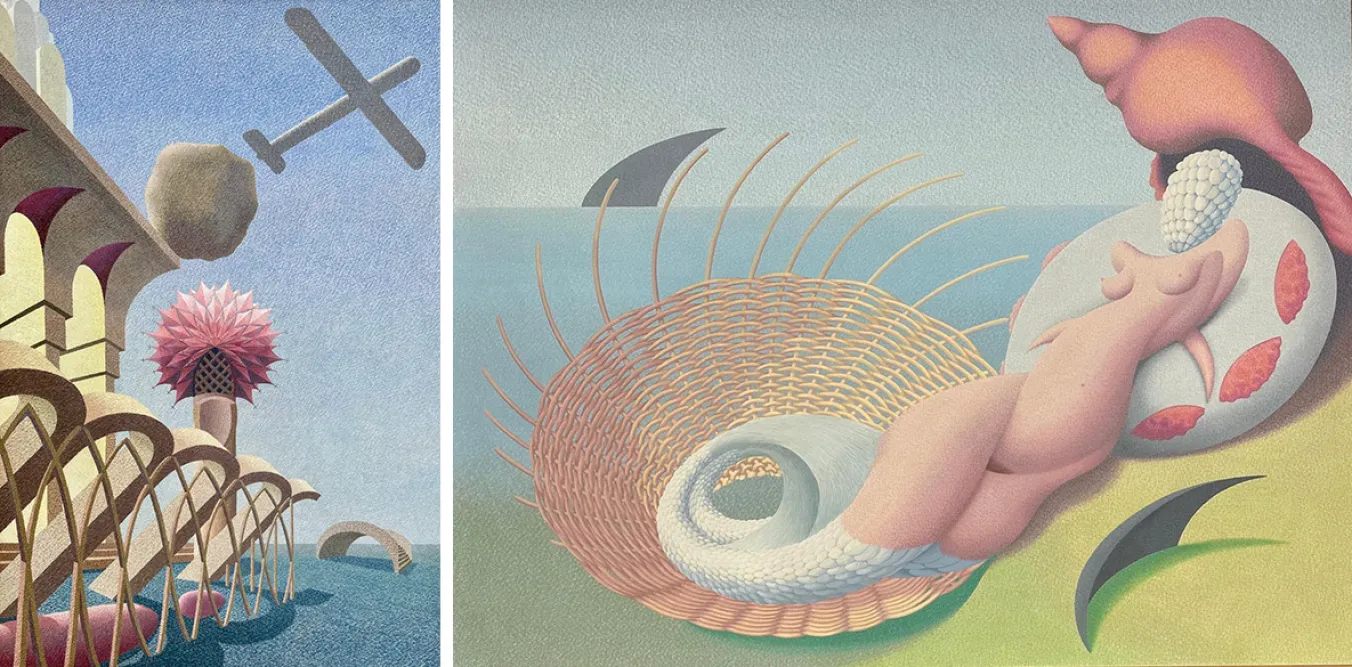
JAN WOOLF marvels at the dream-like forms of little-known English surrealist Henry Orlik, whose work reaches back to the traumas of war and migration
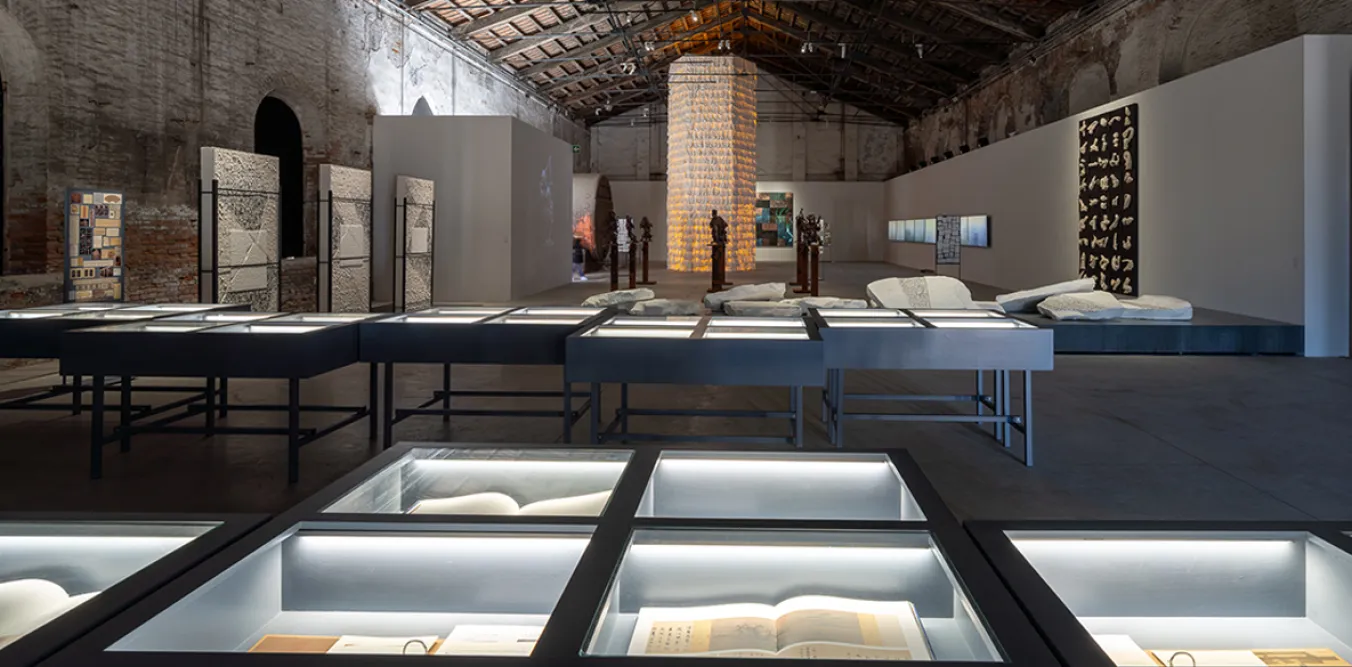
SIMON DUFF walks us through a fascinating display that is bold, optimistic and spiritual


